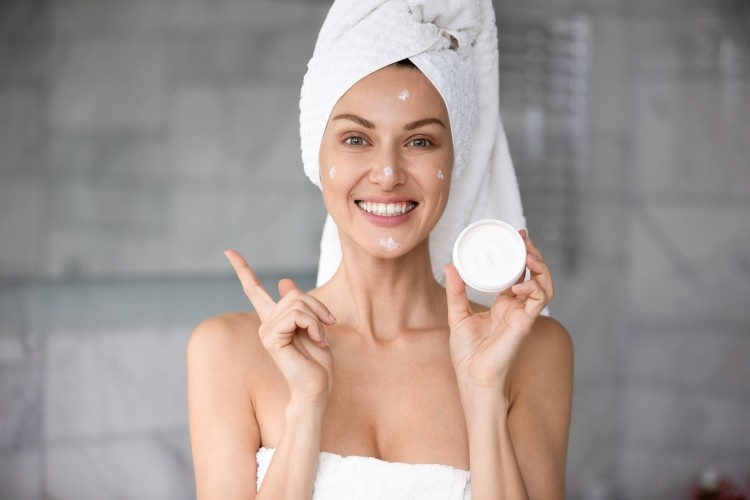Beautiful opportunity: The time is right for probiotics in skin care

Speaking during the panel discussion in the second episode of NutraIngredients' Probiota Digital Summit yesterday (Feb 10th) Kacey Culliney, Editor of CosmeticDesign-Europe, said beauty consumers are ‘100% focused’ on improving their natural skin health in today’s climate.
She said: “People are going out less, they are wearing less coloured cosmetics and skin cleansing has gone through the roof as we have these beauty consumers looking for different ways to improve the look and feel of their skin.”
As such, she said the industry is starting to see probiotics used a lot more in skin care formulations but there are ‘challenges aplenty’ for those companies.
“Beauty is a highly competitive and emotive market and the consumer base is extremely engaged so they will spend a lot of time researching products because, ultimately, they will spend a lot of money on products.
“So it’s important to appreciate that the beauty consumer will be reading the list of ingredients and reading into the science.”
She added that another big trend for this market is ‘ethical beauty’ and so the sustainability of products will have a big impact on sales.
“People want ingredients that are better for their health and better for the environment’s health. Veganism is also a growing trend and the challenge will be to find a probiotic strain suitable for this market.”
Of course, stability is another challenge when it comes to adding live bacterial strains into topical formulations.
The beauty expert suggests refrigerated topicals are an exciting area of innovation which work to tackle that issue. That being said, she does suggest probiotic cream innovations and probiotic-based nutricosmetics are likely to fare better if they are positioned next to the other skin creams in the beauty aisle, simply because this is where the footfall lies.
Wesley Carpentier, chief commercial officer at S-Biomedic, pointed out there are limitations to what you can claim on a probiotic skin care products – just as is the case with probiotic supplements.
“I don’t think the inability for us to make a health claim is a show stopper – it’s something for us to manage just as we do across the rest of the probiotics industry and the cosmetics industry can learn from the supplements industry in terms of scientific research and health claim applications.”
He added that with research showing that certain skin conditions are linked to gut dysbiosis, there may well be good opportunity for probiotic scalp care products.
Again, he accepts there is the challenge of high competition in this space as there are several well-established, less-costly, brands in this space.
Episodes 1 and 2 of the Probiota Digital Summit are available to view on-demand now. The event continues today at 2pm (CET), with the final episode focused on looking into the future of the pro and prebiotic industry. Register here.
















